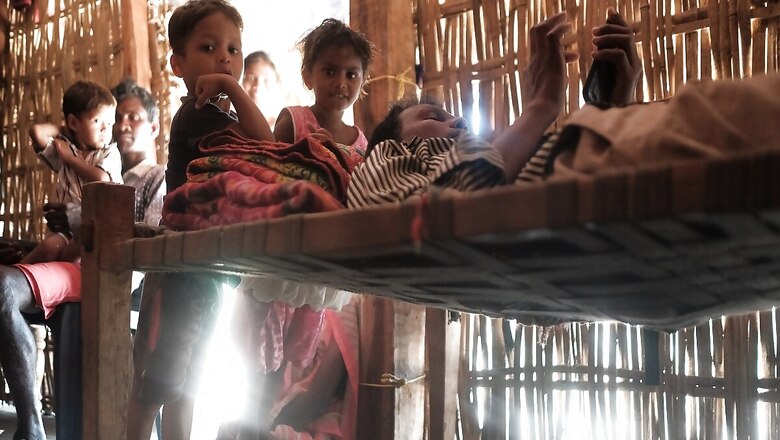
views
When Salwa Judum movement happened, in 2005, my father was killed by Naxals and we had to flee our village. We are displaced till today. We have to pay to stay where we found refuge, and where we stay till today, because we are staying on someone else’s land – Sanju Madvi.
Mittu said he would be back by evening. At around 3 pm, we got a call from his big brother in the village, saying his car is by the side of the road and he did not know where the Naxals had taken him…They [Naxals] had killed him and thrown his body on the side of the road. His legs and hands were tied and his neck was slashed – Bhime Markam whose husband was abducted and killed by Naxals.
Joga Mandavi who now lives in Telangana’s Kannapuram also fled his village in 2006 when Salwa Judum campaign was at its peak. His two elder brothers still live in Chhattisgarh. Joga recounts that his brother and brother-in-law were killed in a fake encounter by the police who falsely accused them of being Naxals’
These are just snippets from a growing repository of around 100 stories of the victims of a decades-long battle between state forces and Naxals that Shubhranshu Choudhary and his team have been collating for the past several weeks.
Choudhary, who spent over a decade reporting for the Guardian and then worked as a television and radio producer for the BBC’s South Asia bureau, and his team in Bastar, have been working on an initiative called ‘New Peace Process’ (NPP). They have collected details of around 20,000 people so far, which they say is just a fraction of the estimated 1 lakh victims of the violence. In a way people behind the NPP are trying to give a sense of closure to these victims.
In October last year, Choudhary and his team conducted a poll asking the local people of Bastar whether they thought the resolution of the ongoing conflict would be reached through talks or militarily. An overwhelming 92 per cent people called in urging them, and through them the government, to find a solution to the continuing violence through talks.
Choudhary is with his colleagues now taking the initiative to its next logical step – compiling a ‘Victims Register’. NPP is urging victims to call in again and this time share their stories of pain. The idea is to not just document the human rights violations and ensure that the victims are formally recognised, but also to eventually aid the government in providing reparations to the people whose lives have been torn apart in the violent battle between the state forces and the red extremists.
The idea of compiling a victim’s register comes from a similar program successfully implemented in the civil war-torn region of Colombia. Lina Cuartas Villa, a peace activist based in Colombia who since 2013 has been working in two state agencies – Victims´ Unit and National Land Agency – on the implementation of some of the peace agreements that was reached between the Colombian government and the insurgent group Revolutionary Armed Forces of Colombia in November 2016, is advising Choudhary and his team in Bastar.
“The Victims Register here has been an access door to reparation and a path to reconciliation,” Cuartas Villa told News18. She believes that the state has a large role to play in any meaningful attempts at reconciliation.
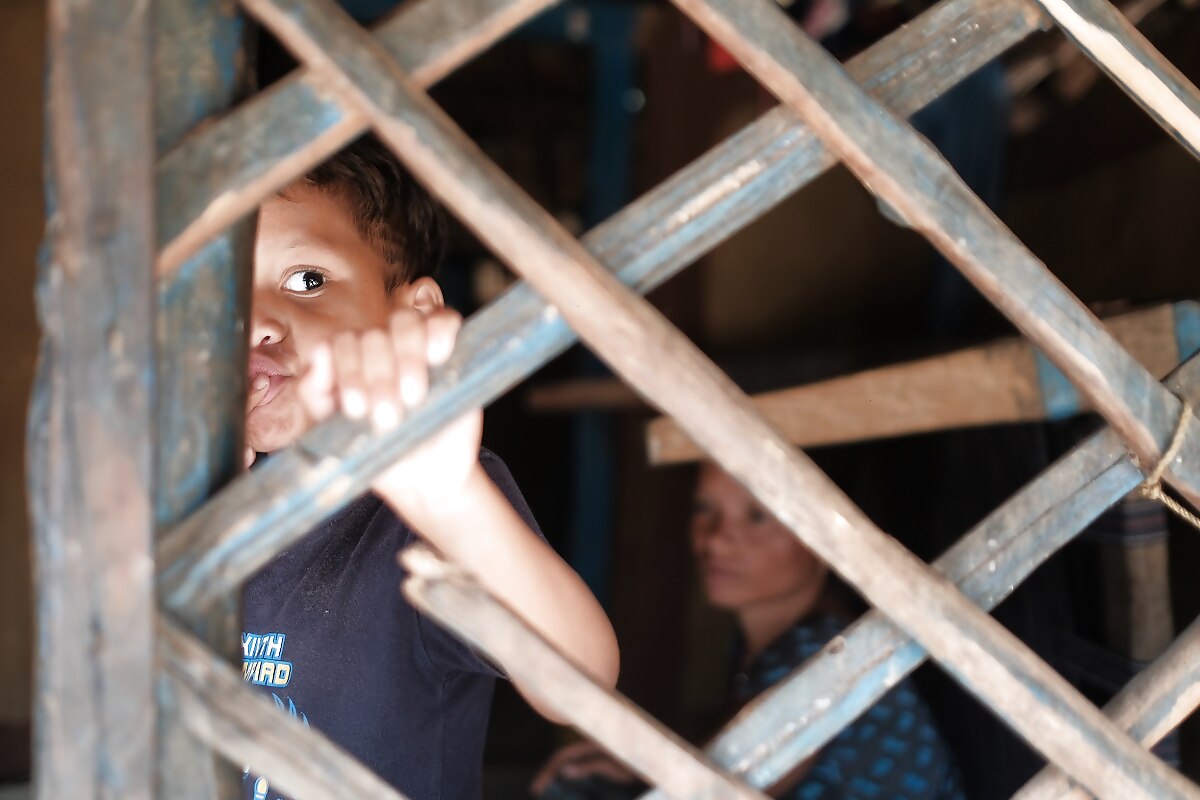
“Since the state has a great role in providing rights to the citizens, it needs to have a great play in such an effort. The government had legislated a Victims Law on 2011, which, among other things, helped set up the Unit for the Victims Assistance and Reparation and the Land Restitution Unit in January 2012. Those institutions seek to register and compensate those who have suffered from the conflict, including through returning land to millions displaced,” Cuartas Villa added.
Speaking to News18, Choudhary, who is also the founder of CGNet Swara, an award-winning voice portal that allows people from remote areas in central India to share their stories and issues, said, “Victims register and Victims law were successful experiments in Colombia where it helped bring peace. We fell that it can similarly help in bringing peace in central lndia if the government takes over the exercise.”
The idea to compile a ‘Victims Register’ came to him, he said through another interactive peace initiative he runs, called ‘Bastar Dialogue’. It was the sixth edition of this gathering of people from battle-torn regions of the world trying to find ways of bringing peace and provide reparations to their people.
“On October 2nd last year we had invited experts from all countries including those from Colombia and Nepal who have handled similar issues successfully. That’s where the idea came from and we have been working on it since. These are very early days and people are just starting to call our phone number to record their stories. There are more than lakh victims around it looks,” Choudhary told News18.
He underscores the need for the government to formally enter the process, “We have written to the government but have yet to hear from anyone. To provide closure to the victims of this decades’ long violence it is imperative that the government join in. The examples of several countries including Colombia gives us enough reason to believe that such a project could similarly bring peace in central India if the government takes over the exercise.”
Read all the Latest News, Breaking News and Coronavirus News here














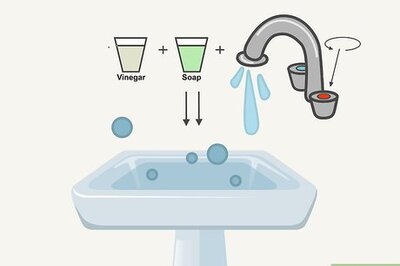
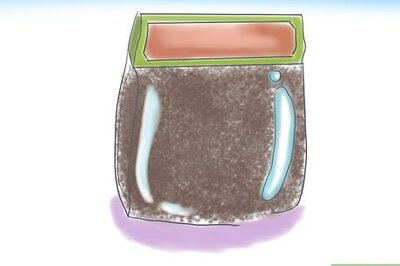

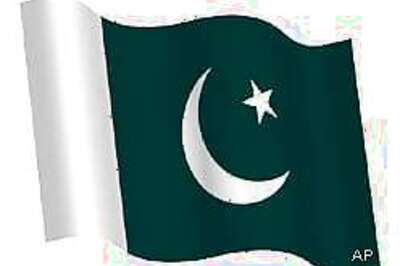


Comments
0 comment